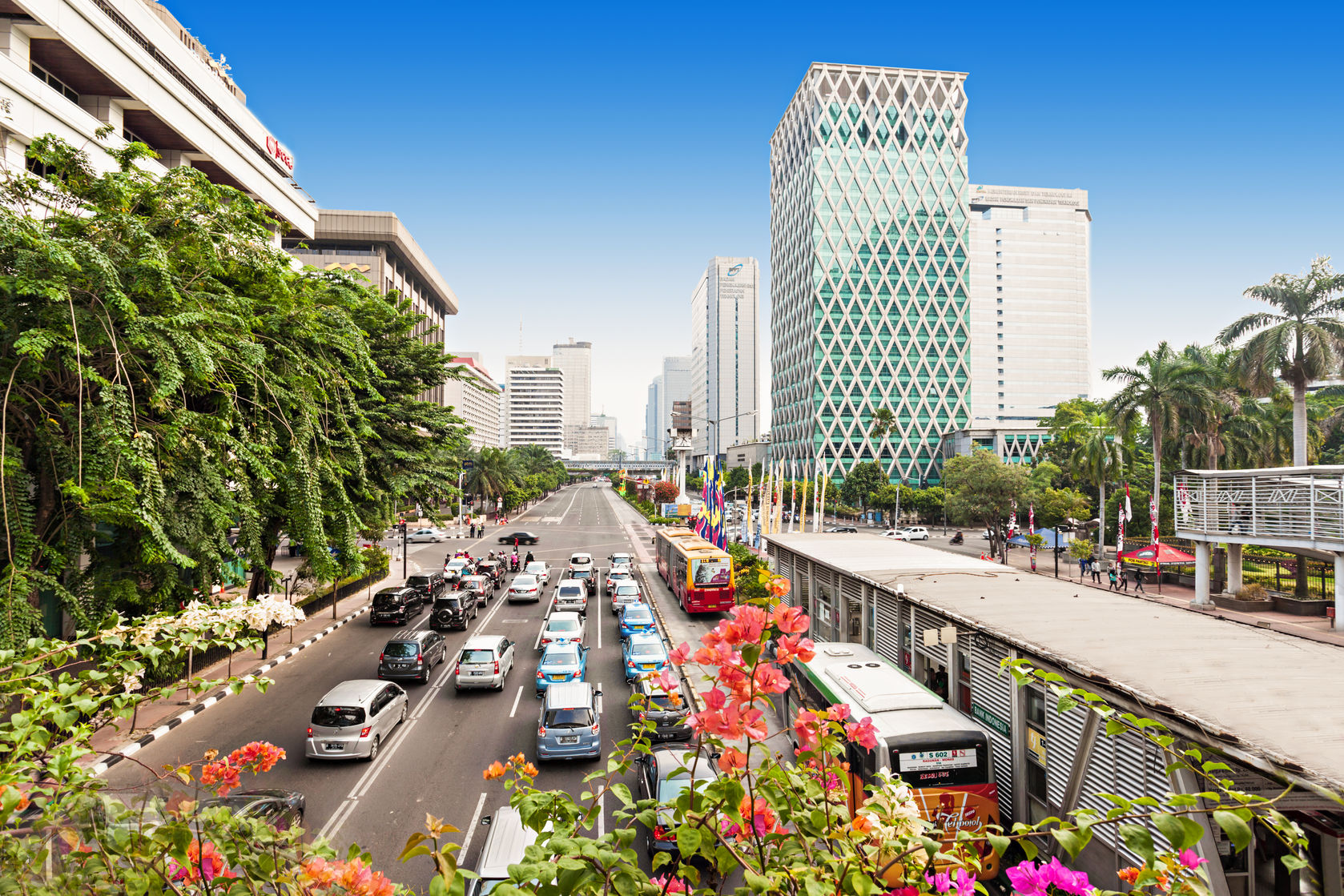9 June 2020
Introduction
Indonesia is one of the many countries experiencing major changes to their social and economic structures due to the COVID-19 pandemic. People have been forced to aggressively minimize social interactions in an attempt to prevent the spread of the virus. Inevitably, these measures will have a major impact on various business sectors.
One of the sectors in Indonesia that has been forced to adapt to this unique situation is the oil and gas sector. Indonesia is home to numerous oil and gas fields and upstream oil and gas activities are integral to the country’s economic growth. Below are the key regulatory changes in response to the COVID-19 pandemic affecting Indonesia’s oil and gas sector.
Central Government Regulations
Health quarantines and other measures available to the government to address pandemics or other national health emergencies are regulated under Law No. 6 of 2018 regarding Health Quarantine (“Health Quarantine Law”). Article 59 of the Health Quarantine Law provides that in the event of a national health emergency, the government may enact large-scale social distancing policies, including the closure of workplaces.
In response to COVID-19, the Government of Indonesia enacted Presidential Decree No. 7 of 2020 regarding the COVID-19 Mitigation Acceleration Task Force (“PD 7/2020”) and Government Regulation No. 21 of 2020 regarding Large-Scale Social Distancing to Accelerate the Response to COVID-19 (“GR 21/2020”), both of which help implement the Health Quarantine Law. Article 4 of GR 21/2020 provides that in response to COVID-19, regional governments may implement large-scale social distancing, which includes the closure of schools and workplaces and restrictions on religious activities and other activities in public places/facilities. However, these restrictions must take into account the fulfillment of the basic needs of residents, including but not limited to health services, food and drink, and other daily requirements.
Subsequently, the Minister of Health (“MOH”) enacted MOH Regulation No. 9 of 2020 regarding Large-Scale Social Distancing to Accelerate the Response to COVID-19 (“MOH Reg 9/2020”) to provide further details on the implementation of large-scale social distancing measures. Section D.2(b) of the Annex to MOH Reg 9/2020 exempts several businesses/institutions providing essential goods and/or services from closure under the large-scale social distancing programs. In particular, Section D.2(b)(3)(c) of the Annex to MOH Reg 9/2020 provides that the production of oil and gas, coal and minerals are among those businesses exempted from workplace closures under social distancing restrictions.
Based on the above, oil and gas upstream activities are allowed to continue during the COVID-19 pandemic.
Oil and Gas Upstream Activities
Indonesian upstream oil and gas activities fall under the jurisdiction of the Special Task Force for Upstream Oil and Gas Business Activities (Satuan Kerja Khusus Pelaksana Kegiatan Usaha Hulu Minyak dan Gas Bumi or “SKK Migas”). SKK Migas issued a circular letter immediately following the enactment of PD 7/2020 to suggest that Production Sharing Contract Contractors (“PSC Contractors”) continue production, taking the necessary precautions and putting in place risk management measures for workers and surrounding communities.
Work from home arrangements are allowed for upstream oil and gas workers outside of oil fields, as long as such arrangements do not interfere with production. PSC Contractors are advised to take precautionary measures such as avoiding activities involving the gathering or large numbers of people, limiting and postponing all in-person meetings/gatherings, checking the temperature of all visitors, reporting all people under COVID-19 surveillance to the local public health office, and following all procedures and policies implemented by public officials.
PSC Contractors are also encouraged to consider temporarily changing work schedules at oil and gas fields to 21:21 (21 working days followed by 21 rest days) or 28:28 (28 working days followed by 28 rest days), or some similar schedule according to the operational condition of the field. This is in order to give workers sufficient opportunity to self-quarantine. All changes to work schedules must be reported to SKK Migas.
Lastly, PSC Contractors are expected to coordinate with SKK Migas to communicate with the head of the relevant regional government (regent, mayor or governor) with regard to the importance of oil and gas production, and the urgency of the regional government providing support to facilitate production.
New Normal
The Government of Indonesia recently began the process of removing social distancing restrictions, subject to various health protocols. This process of moving past social distancing and returning to workplaces, schools and public activities is referred to as the “new normal”. This process and the associated health protocols are found in MOH Decree No. HK.01.07/MENKES/328/2020 regarding Guidelines for the Prevention and Control of COVID-19 in the Office and Industrial Workplaces to Ensure Business Continuity during Pandemic Situation (“MOH Decree 328/2020”). It appears the government of Indonesia hopes the “new normal” can revitalize business activity while maintaining some control over the pandemic.
As of this writing, neither the Minister of Energy and Mineral Resources nor SKK Migas has issued a regulation to supplement MOH Decree 328/2020 for the upstream oil and gas sector. We understand from various news sources that SKK Migas intends for PSC Contractors to refer to the existing guidelines under MOH Decree 328/2020 in preparing their own internal workplace guidelines for the “new normal”.
Conclusion
It appears that the Government of Indonesia is keen to maintain the continuity of upstream oil and gas activities in the country. Not only is the sector exempted from large-scale social distancing restrictions, SKK Migas has been willing to assist PSC Contractors in communicating with regional governments on the importance of maintaining oil and production activities. It also appears that PSC Contractors are expected to follow existing guidelines for the “new normal” being implemented in Indonesia. Note, however, that the government’s position on oil and gas production may still change depending on the success of the new normal and how the COVID-19 pandemic develops in Indonesia.
For Further Information, please contact:
Fitriana Mahiddin, Partner,
Soewito Suhardiman Eddymurthy Kardono
fitrianamahiddin@ssek.com


.jpg)




